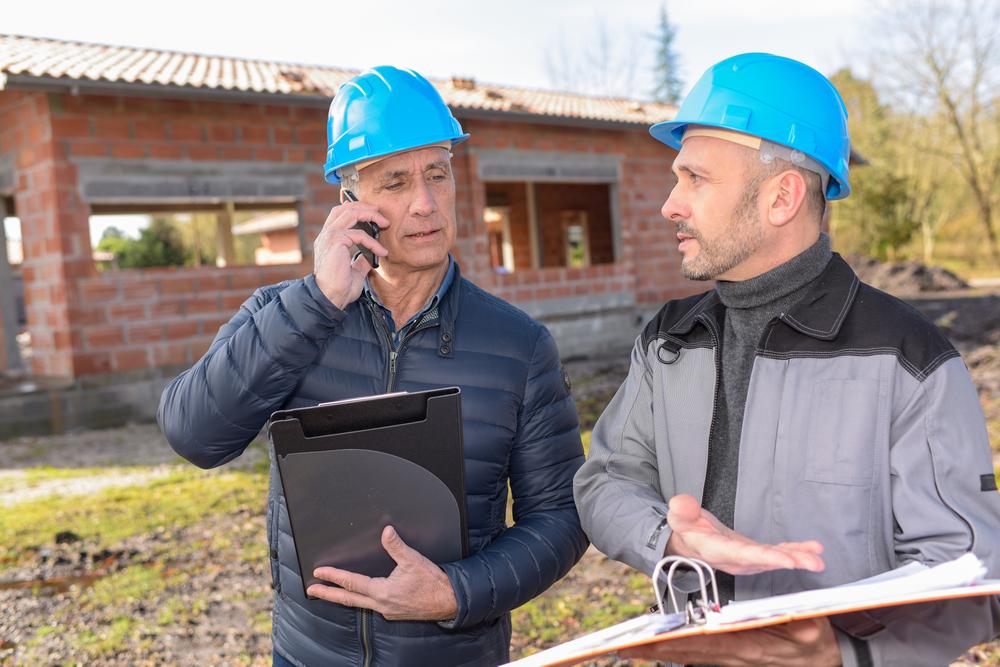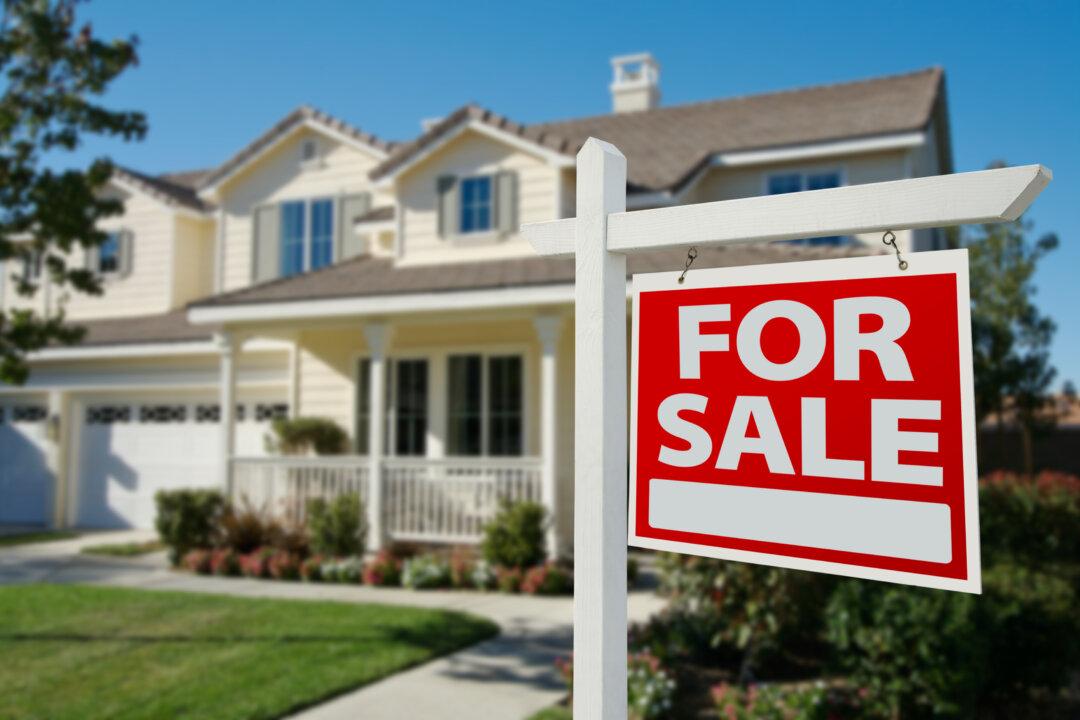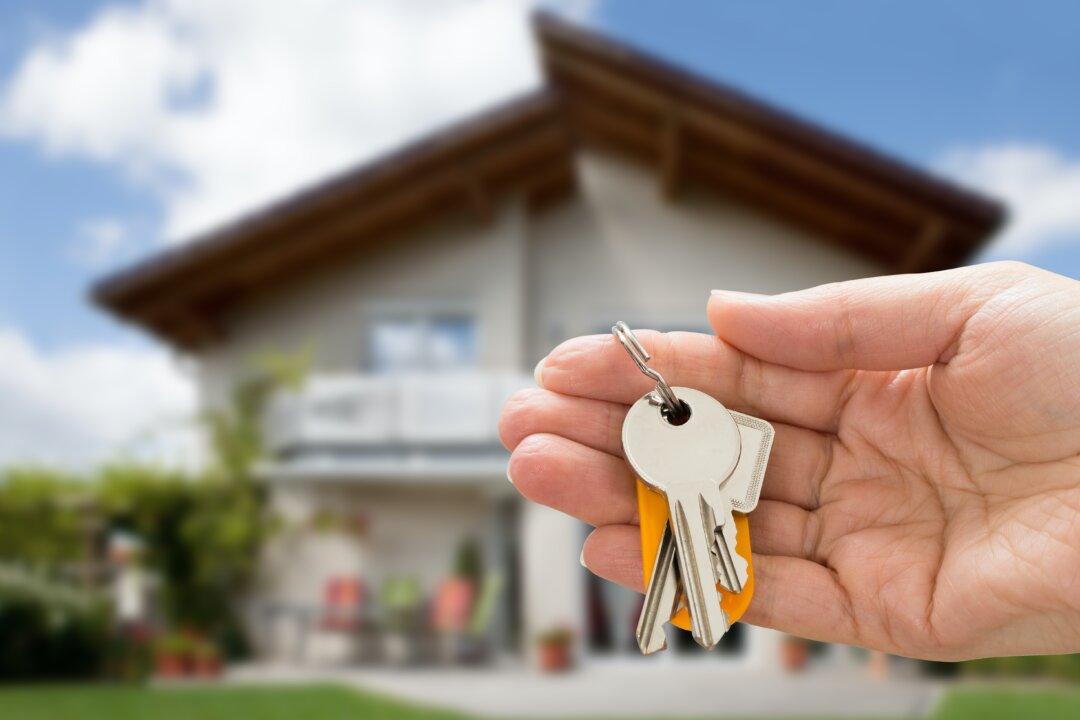Dear Monty: Should I have my brand-new home inspected? I am in the process of building a new house. My agent told me that, on completion, I should have an inspection. My builder informs me that it is inspected three times during the process and once after completion. They use an independent inspector to check the house. In your opinion, is it necessary for me to hire someone to inspect the house after it is completed?
Monty’s Answer: It is unclear in your message where you are in the home building process. Allow me to start at the beginning. Some components will be too costly to change or investigate if you are too far along in the process. Many municipal inspections purposefully occur before encasing the work inside a wall, under concrete, or the lawn.




